
HORIST: What’s wrong with H.B. 1 on Election Reform? Everything.
House Bill 1 is the first piece of legislation proposed by the party in control of the United States House of Representatives. It is given unique importance as an indication of the political party’s agenda. Sometimes it is meant to be enacted into law and other times serves merely as a symbolic political expression – designed to curry favor with the public without expectation of an expectation of it becoming law.
That is the case of H.B. 1 offered up by the Democrats. True to tradition, these bills are given impressive sounding names that reveal nothing about the content. This one is known as the For the People Act of 2019. You must read the first sentence to get any idea of what it is about.
“This bill addresses voter access, election integrity, election security, political spending, and ethics for the three branches of government.”
The broad provisions include:
- Making Election Day a national holiday.
- Making it more difficult to remove voters from the registration rolls.
- Requiring states to establish independent, nonpartisan redistricting commissions.
- Increasing restrictions on campaign contributions.
Another section deals with election and ballot security. There is a lot of gobbledygook about the federal government assisting states in securing their election systems. It also would require that each state establish an independent, nonpartisan commission to handle redistricting. It is alleged to be a means of addressing gerrymandering.
Democrats know that there is no such thing as an independent or nonpartisan commission. Every member of every governmental body come to their position with a political perspective … period. when it comes to controversial political issues, even the nine justices of the Supreme Court generally break along party lines – and with lifetime appointments, they are theoretically immune to political pressure. This is just another step in shifting power away from the people through our ELECTED representatives and into the hands of a largely unaccountable BUREAUCRACY.
This section of H.B. 1 creates yet another federal agency “under the Legislative Branch” to regulate and control elections – the National Commission to Protect United States Democratic Institutions. It probably should read: “Democratic PARTY Institutions.” This is nothing less than a blank check for the federal government to regulate – make the rules – for every election in America.
While Washington has authority over FEDERAL elections, the Founders wisely allowed the several states to create the rules for state and local elections. They were so intense in that belief that they enshrined it in the Constitution. H.B. 1 would effectively nationalize all of our elections – and anything that nationalizes anything except our Department of State, Department of Defense and the SPECIFIC powers granted in the Constitution should be approached with great caution.
In terms of campaign finance, Democrats are wanting to slip the fox in under the raiment of the sheep. They call for a tightening of the bans against contributions from foreign nationals or entities. Not only is that reasonable, it is virtually the case already.
Their stealth mission is to find a way to nullify the Supreme Court’s decision in Citizens United v. the Federal Election Commission. The High Court ruled that the First Amendment’s protection of “free speech” meant that corporations, associations and labor unions could not be restricted or limited in using money for independent expenditure advertising and other communications. Even though the ruling covers labor unions and progressive organizations, the political left went bonkers. Ending Citizens United has been a top priority for the left ever since.
H.B. 1 also provides for “alternative funding systems for certain federal offices.” This is yet another attempt by Democrats to end private funding of elections – putting the unelected and unaccountable bureaucrats (overwhelmingly Democrats) in charge of the American election system. It is among the most dangerous planks in the Democrat platform.
Finally, it requires candidates for President and Vice President to make their tax filings public. This is nothing more than a cheap shot at Trump … period. Federal candidates are required to complete extensive financial disclosure reports. It has long been held that a citizen’s tax returns are among the most privacy secured document – and that applies to the President and Vice President.
The hypocrisy of this provision is apparent in that the requirement is not extended to members of Congress. If there is any good reason to require candidates for President and Vice President to make their returns public for several past years – and there is not – there is no reason to exempt Senators and Representatives. And what about nominees to the Supreme Court – or the lower federal courts? What about members of the Cabinet – or any federal official who requires Senate confirmation? And what next? A lifetime of medical records?
H.B. 1 will serve its purpose. It will create fodder for the cable news folks. It will create contention among the public. But what won’t happen is that it would become law – and that is a VERY good thing. And God forbid that the radical left would actually gain enough power to enact such legislation.
So, there ‘tis.


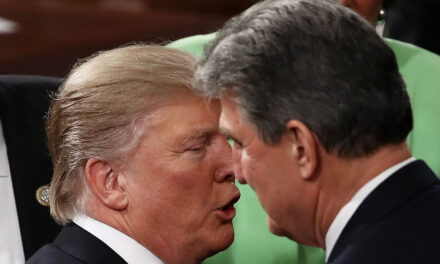
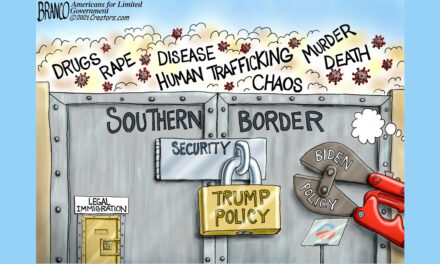


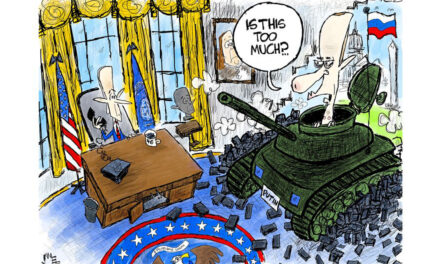

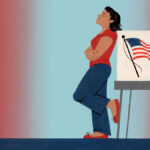



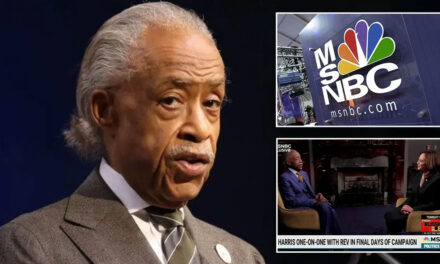

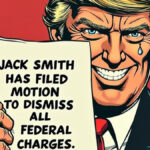

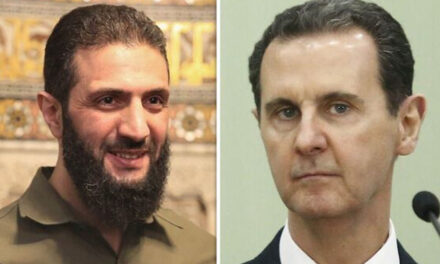

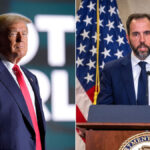

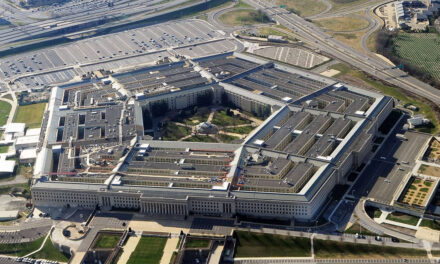





It seems to me that a computer program could be written to determine voting districts. The information provided to the program would mention only the registered address and that they are qualified voters. One could restrict it to registered voters. Along with this would include other relevant geographical features, like mountains and the like. There is likely not a unique solution to this problem, but with other criteria it might be narrowed to a few possibilities, one of which might include the current districting. The main point is to exclude party affiliation.
The States should be in control of their elections not the Feds who could screw a “soup sandwich”.
Part of the original genius of the union, and the only way the union could have been formed in the first place, was that the central government should have relatively little control over the states other than what the states recognized was vital or advantageous to all to have as a united effort. But, generally, the federal government, or New York for example, should not tell Virginia what to do about issues in Virginia. If Virginia sees gerrymandering in Virginia as a problem, they have the freedom to deal with it themselves. If they don’t see it as a problem, then, everybody else, keep your hands off!